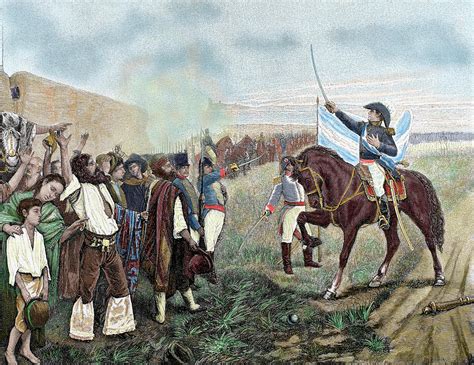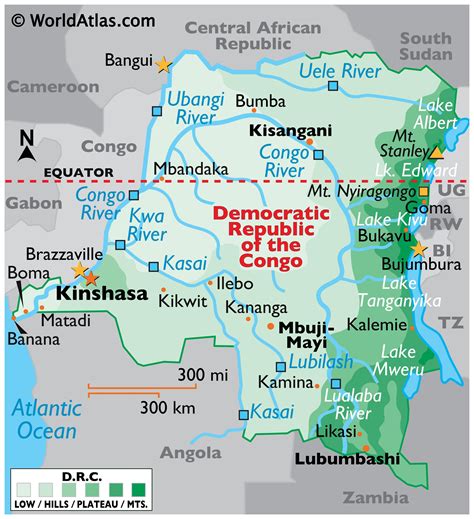Explore the rich history of Hawaii from Polynesian settlement to modern statehood, including Captain Cook’s arrival and the Pearl Harbor attack.
Polynesian Settlement
Contents
The Polynesian Settlement of Hawaii dates back to around 300-500 AD, when the islands were first discovered and settled by Polynesian voyagers. These early settlers brought with them their rich culture and traditions, including the hula dance and the unique language of Hawaiian. The Polynesians were skilled navigators and were able to navigate the vast Pacific Ocean to find the Hawaiian islands, using only the stars and ocean currents as their guide.
Upon their arrival, the Polynesians began to build an agricultural society, using advanced techniques to grow taro, sweet potatoes, and other crops. They also brought animals such as chickens and pigs to the islands, which quickly became a staple of their diet. The Polynesians also made use of the abundant marine resources surrounding the islands, such as fish and shellfish, to sustain their growing population.
Over the centuries, the Polynesian culture evolved and adapted to the unique environment of Hawaii, leading to the development of new customs and traditions. They also established a complex social structure and a system of governance, with individual islands being ruled by chiefs and priests.
The Polynesian Settlement of Hawaii laid the foundation for the rich and diverse culture that is found in the islands today, and their legacy can be seen in the language, music, and customs of modern Hawaii.
Captain Cook’s Arrival
In 1778, British explorer Captain James Cook became the first European to visit the Hawaiian Islands. He arrived at Kauai and was initially mistaken for the god Lono by the Hawaiians due to the timing of his arrival during the Makahiki festival. Cook and his crew were greeted with hospitality and were able to resupply their ships before continuing their voyage. This peaceful encounter marked the beginning of increased contact between Hawaiians and Europeans.
During his third and final visit to Hawaii in 1779, Captain Cook was met with a much different reception. Tensions arose between the Europeans and the Hawaiians due to disputes over stolen items and misunderstandings. This led to a violent confrontation in which Captain Cook was killed by the Hawaiians. Despite the tragic end to his journey, Captain Cook’s arrival and the events that followed had a profound impact on the history of Hawaii.
The arrival of Captain Cook and other explorers paved the way for a new era of trade and exchange between Hawaii and the rest of the world. The islands became a popular stop for whalers and traders, leading to economic and cultural changes for the native Hawaiian people. The influence of European contact would continue to shape the future of Hawaii in the years to come.
Annexation by the United States
Annexation by the United States
Annexation by the United States
In 1893, the Kingdom of Hawaii was overthrown by a group of American businessmen and sugar planters with the support of the United States military. This event marked a major turning point in the history of Hawaii, as it ultimately led to the annexation of the islands by the United States.
The overthrow of the Hawaiian monarchy was controversial and sparked international outrage. Queen Liliuokalani, the last reigning monarch of Hawaii, was deposed and replaced by a provisional government, with Sanford Dole as its president. This new government sought to annex Hawaii to the United States, and in 1898, President William McKinley signed the Newlands Resolution, which officially incorporated Hawaii into the United States as a territory.
The annexation of Hawaii was met with resistance from many Hawaiians, who opposed the loss of their sovereignty and the undermining of their cultural identity. The indigenous population of Hawaii faced significant challenges as their land and resources were exploited by American business interests. The annexation of Hawaii also had far-reaching political implications, as it solidified the United States’ strategic military presence in the Pacific.
It wasn’t until 1959 that Hawaii was admitted to the Union as the 50th state, becoming the first majority-minority state in the United States. The legacy of annexation continues to shape the political and cultural landscape of Hawaii, as the islands grapple with issues of self-governance, land rights, and the preservation of their native heritage.
Pearl Harbor Attack
The Pearl Harbor Attack was a surprise military strike by the Imperial Japanese Navy Air Service against the United States naval base at Pearl Harbor, Hawaii, on the morning of December 7, 1941. The attack led to the United States’ entry into World War II. The Japanese forces launched their attack in two waves, consisting of 353 aircraft, and they targeted the American Pacific Fleet. The assault resulted in the sinking of four U.S. Navy battleships and damaged many other vessels, alongside the tragic loss of over two thousand American lives. The attack on Pearl Harbor was a defining moment in history and had a major impact on the course of World War II.
The Pearl Harbor Attack was a carefully coordinated operation carried out by the Japanese military as part of their wider strategy to establish dominance in the Pacific region. The surprise nature of the assault caught the American forces off guard, causing extensive damage to the naval fleet and aircraft stationed at Pearl Harbor. The attack also pushed the United States into a position of direct involvement in the global conflict, leading to a significant shift in the dynamics of the war. The aftermath of the attack saw a surge in patriotic fervor and determination among the American people, as they rallied behind the effort to combat the Axis powers.
In the wake of the Pearl Harbor Attack, the United States officially declared war on Japan, marking the beginning of their active participation in World War II. The American response to the attack was swift and decisive, leading to a series of significant military engagements across the Pacific theater. The event also served as a catalyst for the mobilization of the country’s resources and manpower, as it geared up for the monumental task of waging a widespread war on multiple fronts. The impact of the Pearl Harbor Attack reverberated throughout the war, shaping the course of history in the years to come.
The legacy of the Pearl Harbor Attack endures as a poignant reminder of the human cost of war and the importance of remaining vigilant in the face of potential threats. The events of December 7, 1941, continue to be commemorated as a day of remembrance and tribute to the bravery and sacrifice of those who were affected by the attack. The Pearl Harbor National Memorial stands as a testament to the enduring memory of the tragic events and serves as a place of reflection and tribute for future generations to honor the legacy of those who served and sacrificed in the defense of freedom.
Statehood and Modern History
On August 21, 1959, Hawaii officially became the 50th state of the United States, marking the end of its long journey towards statehood. This significant event marked a new chapter in Hawaii’s history and had a lasting impact on the islands’ culture, economy, and politics.
With statehood, Hawaii gained representation in the U.S. Congress, allowing the islands to have a voice in federal decision-making. This also opened up new economic opportunities for Hawaii, as the state became eligible for federal funding and resources.
Modern history has seen Hawaii evolving into a diverse and vibrant state, with a unique blend of cultures and traditions, influenced by its rich history and the influx of immigrants from various countries. The state’s tourism industry boomed, attracting millions of visitors each year to its stunning natural landscapes and vibrant culture.
Moreover, the U.S. military played a crucial role in shaping Hawaii’s modern history, with the establishment of military bases and naval facilities. The attack on Pearl Harbor during World War II remains a pivotal event in the state’s history, leading to significant changes in the geopolitical landscape and shaping Hawaii’s role in U.S. military strategy.
As Hawaii continues to navigate the challenges of the modern era, its unique identity as a Pacific island state with a diverse population and rich cultural heritage remains at the forefront of its statehood and modern history.













